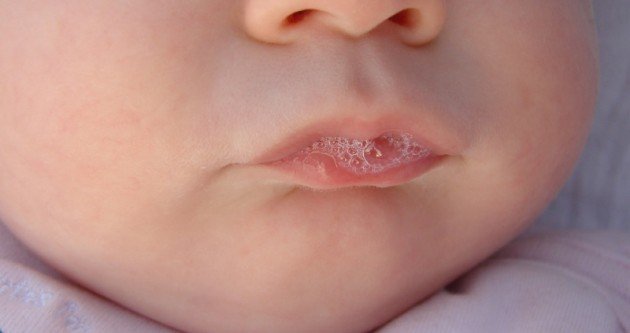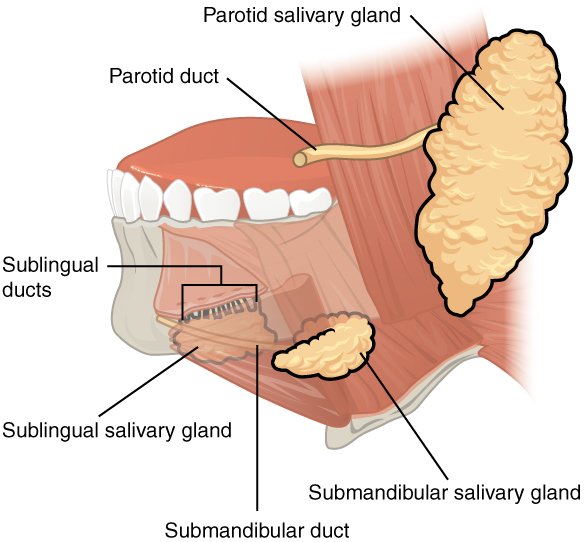Science: The Biology of Your Saliva Beyond What You Know
When we eat food, we can tell where our food is going to and we know the beginning of digestion which is the mouth but we do not talk about saliva much and we cannot deny its importance in the mouth but it is often overlooked and it has been given a lot of names associated with gross such as moist, but if we are going to appreciate saliva and what it does, then we need to start with what it would look like if you and I didn't have saliva at all in our mouth.
Have you tried consuming dry crackers up to 12 within 1 minute without drinking water? If you decide to put all in the mouth at once, you would realize that it is difficult to swallow and this is because the mouth is dry. In the mouth, cells produces salt which then leads to water being produced as a result of osmosis where the water is being drawn to a region of higher concentration after which the gland takes back the salt leaving the liquid which is made up of 99% water, and 1% protein and other molecules in the mouth. The molecules are responsible for the sticky feel of saliva.

wikimedia.org
But then you must have noticed that all your saliva are not the same, and this is because all saliva are not created equally. The mouth secretes two different types of mouth juice with one being unstimulated saliva and the other being Stimulated saliva. Let me quickly discuss both as quick as I can.
Unstimulated saliva is the type of saliva that is secreted by tiny glands all over our mouth and this saliva is always almost available in the mouth because it is always produced at all times having the ingredient Mucin which is that protein that is responsible for absorbing water creating a gel like coating in the mouth. On the other hand, stimulated saliva is one that is stimulated by smell, or when we chew. When we chew, sensors beneath the teeth sends signals to the cells to release saliva. Also when we eat salty or sour food, the mouth produces saliva to dilute the salt or acid thereby protecting the mouth.

wikimedia.org
When we eat sugar, bacteria feed on them in the mouth and these bacteria releases acids which can be corrosive to the teeth. The job of saliva is to dilute acids and these is usually done when we are awake but when we are asleep, we cannot produce much saliva and it is at this time that the acids are able to act on teeth. If you are conversant with your elementary biology, you should know that there are two salivary gland under the tongue which are the sublingual gland, and the Parotid gland. Most of the saliva made during tasting and eating is made by the parotid gland. The saliva from the gland contains Amylase which is an enzyme responsible for the breaking of sugar like starch into simple ones like glucose.
While you might have just looked at saliva as part of the mouth and requirement for digestion, I have been able to share a bit more about it with you and the next time you are about to spit on someone (which is really gross) or participate in intimate kissing where you exchange saliva, remember where it comes from and its function.
Read More On Saliva
https://www.ncbi.nlm.nih.gov/books/NBK542251/
https://www.britannica.com/science/saliva
https://www.ncbi.nlm.nih.gov/pmc/articles/PMC5052503/
https://www.thejpd.org/article/S0022-3913
https://www.intechopen.com/chapters/66233
https://www.ncbi.nlm.nih.gov/books/NBK538325/
https://www.mskcc.org/cancer-care/types/salivary-gland/salivary-glands-anatomy
Thanks for your contribution to the STEMsocial community. Feel free to join us on discord to get to know the rest of us!
Please consider delegating to the @stemsocial account (85% of the curation rewards are returned).
Thanks for including @stemsocial as a beneficiary, which gives you stronger support.
You are right, we do not focus a lot on saliva. We are sometimes only interested in food and its digestion, thanks for the educating content.